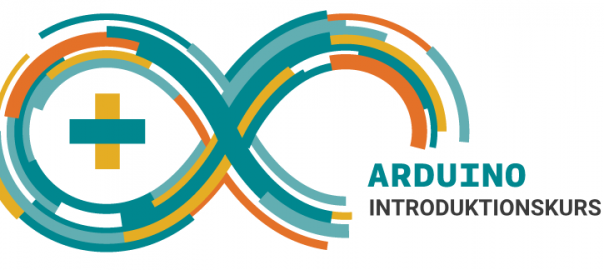Upcoming courses
2024-09-14 [Anmälan stängd]
2024-12-07 [Anmälan]
Course objectives
Syftet med kursen är att deltagarna ska få grundläggande kunskap kring mikrokontrollern ’Arduino UNO R3’ och hur den kan tillämpas i olika projekt. Kursen kräver ingen förkunskap inom programmering eller elektronik.
Participants are expected to:
- Install and configure the Arduino IDE programming environment
- Make use of the tools available in the Arduino IDE; for example the serial monitor
- Write simple programs in Arduino IDE
- Connect and upload code to the Arduino UNO R3
- Identify the different types of pinss on the Arduino board
- Read and write analog signals
- Read and write digital signals
- Carry out the course exercises
Execution of the course
The Arduino UNO R3 is a well-known micro controller that has been used in countless hobby projects. It is a well-equipped micro controller which, among other things, can be used to control servomotors, read signals from various sensors, regulate systems and send and receive data.
The course consists of 3 parts. The first step is a review of the programming environment, the code that will be used, and the different physical parts of the Arduino board. The second step is the construction of a simple circuit, which is to be completed with code. The final step is to complete the course exercises which involve constructing more advanced circuits, where the participants will write a functional program by combining different preexisting functions.
Document
Syllabus_en.pdf
Exercises1-6.pdf
Useful information
Shiftregister
